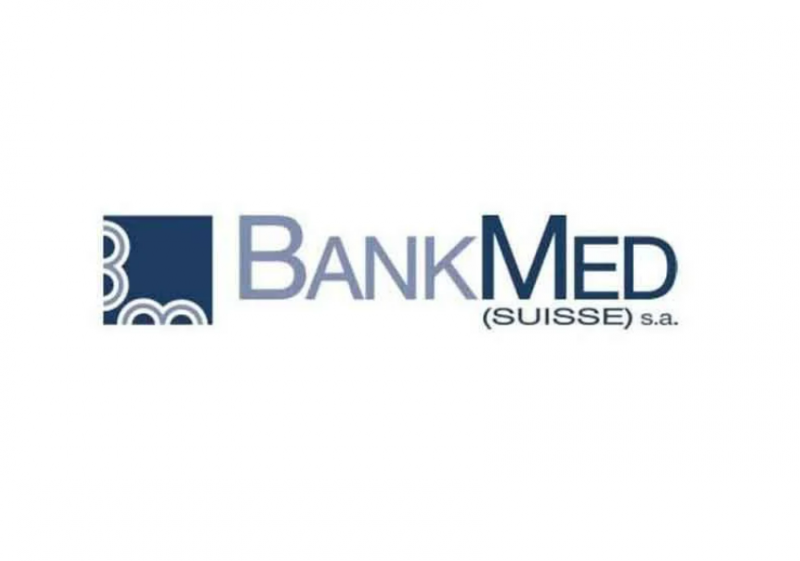
The Congo Hold-Up investigation, in which L’Orient-Le Jour took part, is Africa’s biggest financial leak to date. It is based on 3.5 million confidential documents from BGFIBank obtained by Mediapart and the NGO Platform to Protect Whistleblowers in Africa (PPLAAF), and coordinated by the media network European Investigative Collaborations (EIC).
It revealed, in particular, how a company belonging to an entity controlled by Kassem Tajeddine, who the United States considers to be one of Hezbollah’s top financial backers, received more than $11 million over four years into its account at a subsidiary of BankMed in Switzerland. The transfers were made by companies connected to Congo Futur, which is an industrial conglomerate also under US sanctions linked to the same family.
OLJ / By Nada MAUCOURANT ATALLAH, 24 November 2021 15:56
